
Ready for Camp?
Writers conference season is upon us, and I have all the feels. I’m excited about seeing old friends, nervous…
May 6, 2022
Writers conference season is upon us, and I have all the feels. I’m excited about seeing old friends, nervous…
May 6, 2022
Writer’s conferences are, once again, gearing up to welcome attendees. These annual conventions (in-person, online or a hybrid of…
July 8, 2021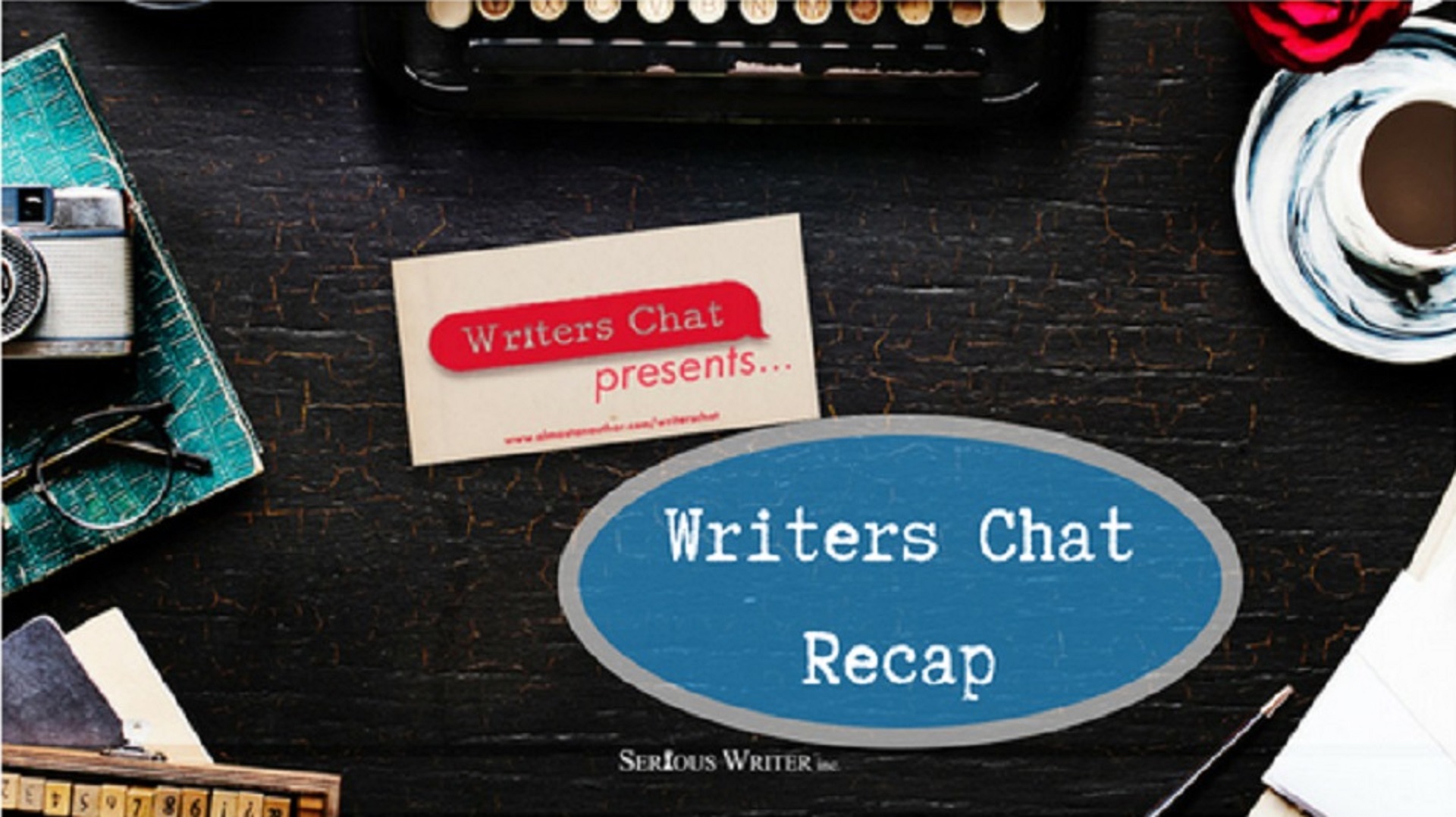
Writers Chat, hosted by Jean Wise, Johnnie Alexander, and Bethany Jett, is the show where we talk about all…
July 30, 2020
I remember watching a Carol Burnett Show sketch that spoofed the old Mickey Rooney/Judy Garland musicals. You know the…
July 10, 2020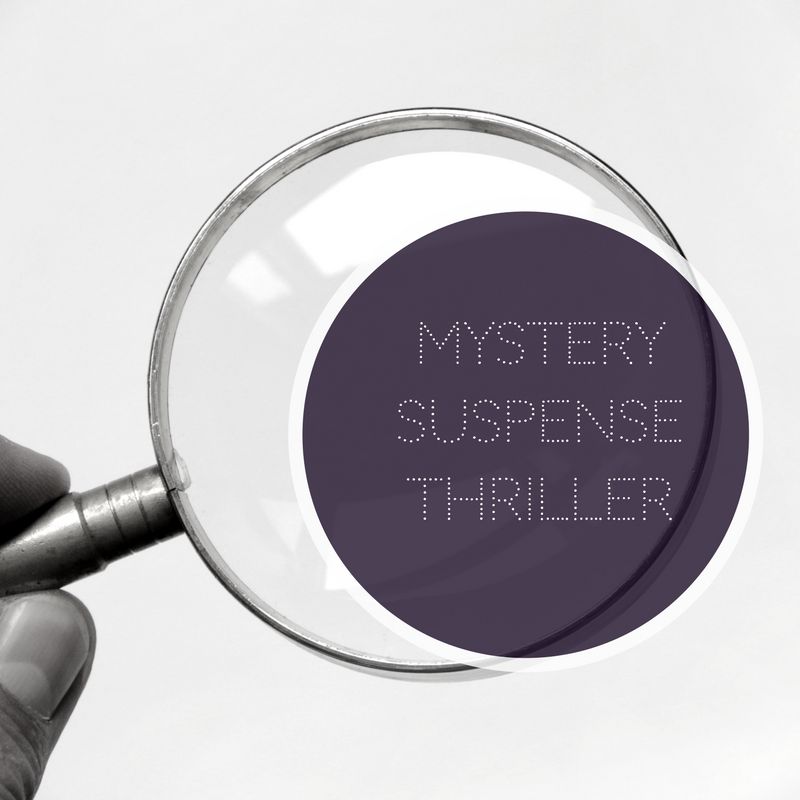
Technology today offers a wide selection of resources for writers in the form of YouTube instructional videos, simulcasts, zoom…
June 17, 2020
A few days ago Annette’s Embrace the Wait column listed good strategies to prepare for a writers’ conference. Conferences…
March 8, 2020
I never went to camp as a child. For a variety of reasons, it wasn’t my thing. Even though…
March 6, 2020
Writer’s conference season is upon us. If you’re like me, this time of year gets your creative juices flowing…
March 5, 2020
I remember those days of whining to myself. “But it’s good. Everybody says so, especially all my friends and…
February 25, 2020
One of my favorite quotes from a fictional character is Anne Shirley’s profound declaration that, “Tomorrow is always fresh,…
January 5, 2020
If you want to do excellent work you need to invest in quality tools. A cook needs good knives.…
December 8, 2019
What do a whale, a worm, and a writer have in common? Remember the story of Jonah in the…
July 6, 2019
Conference season is upon us writers. With it comes euphoric highs, a whirlwind of preparation, and lightning storms of…
May 28, 2019
March is a conflicted month for me, it marks both my toughest fight and greatest victory. The 31st of…
March 2, 2019
Recently, I went to my local gym for a run. After I finished, a friend and another member approached…
January 29, 2019
I just returned from Blue Ridge Mountains Christian Writers Conference, and there was much talk about how most writers…
June 6, 2018
Overwhelmed. Exhausted. Enlightened. I struggled to stay awake on the drive home from the Ohio Christian Writers Conference, my…
November 16, 2017
This week we have a recap of the inaugural Ohio Christian Writers Conference as the attendees discuss the ins…
November 9, 2017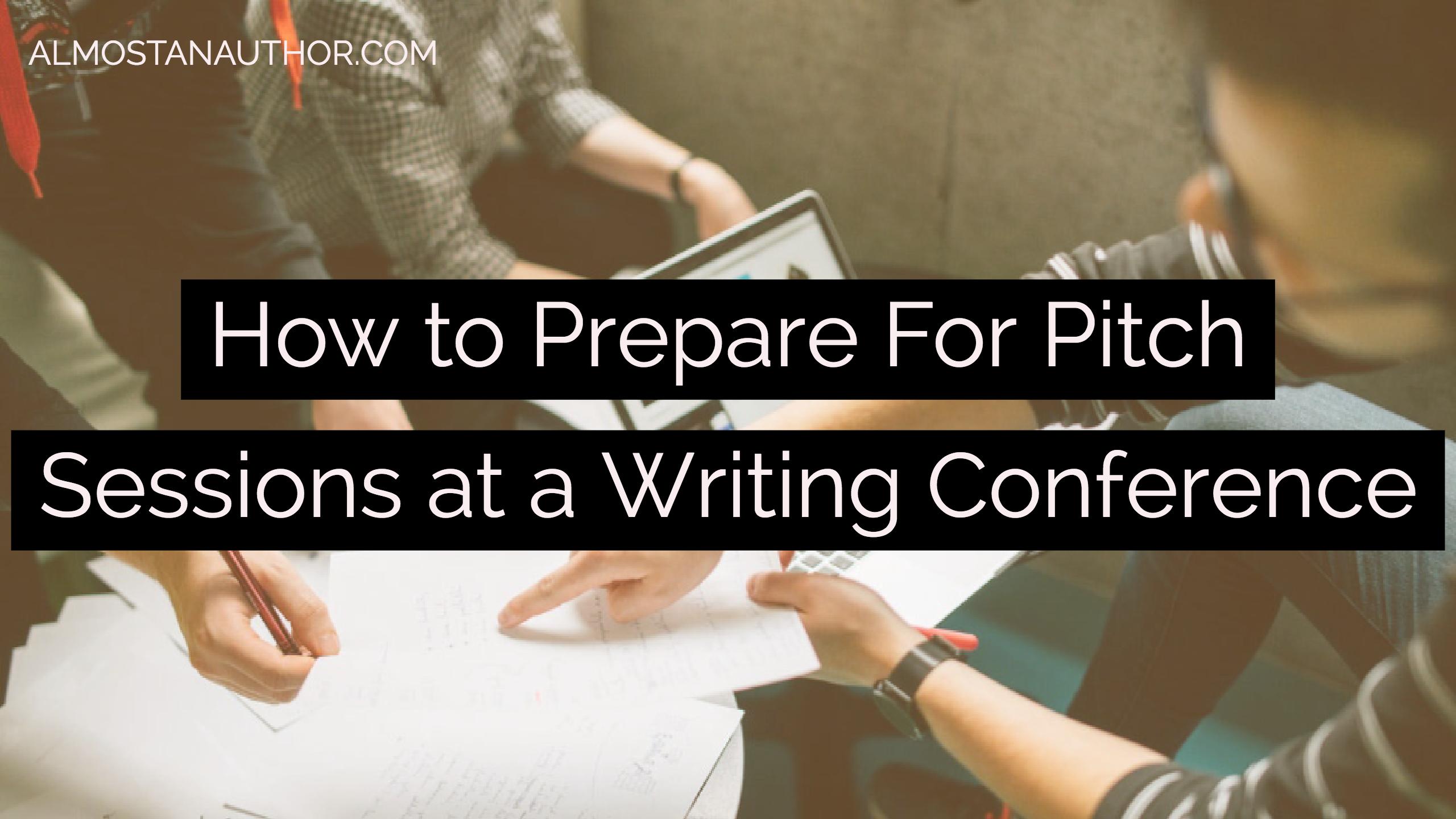
I attended my first writing conference when I was sixteen-years-old. This is what lead to the publication of my first…
November 9, 2017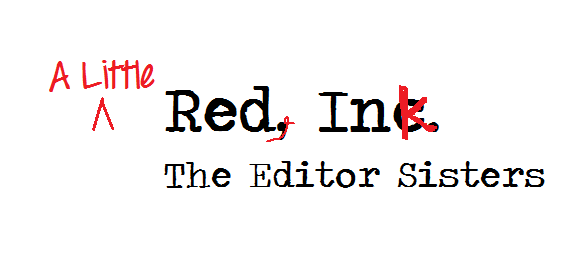
Conferences: The Paid Critique So you’re thinking about attending a writers conference, or perhaps you’ve already registered for one.…
July 29, 2016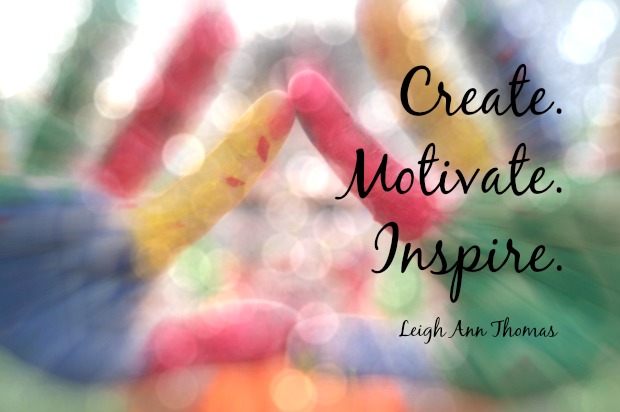
Conference season is upon us and social media is abuzz with encouragement to click a sign-up link and submit…
March 14, 2016
Kindness is such a simple word, yet all too often it seems vacant from our speech. Perhaps it’s the…
January 5, 2016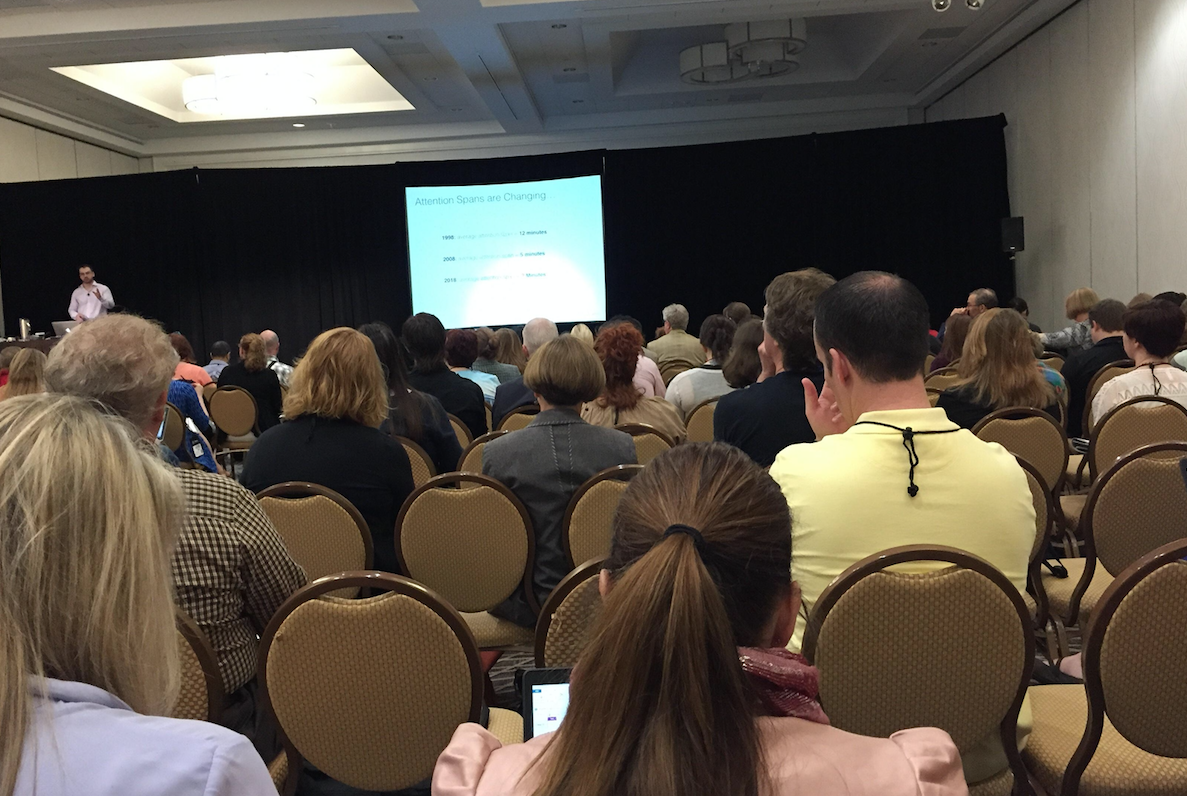
Want a great investment idea for your writing career? Go to a Christian writers Conference. You will meet the…
July 18, 2015